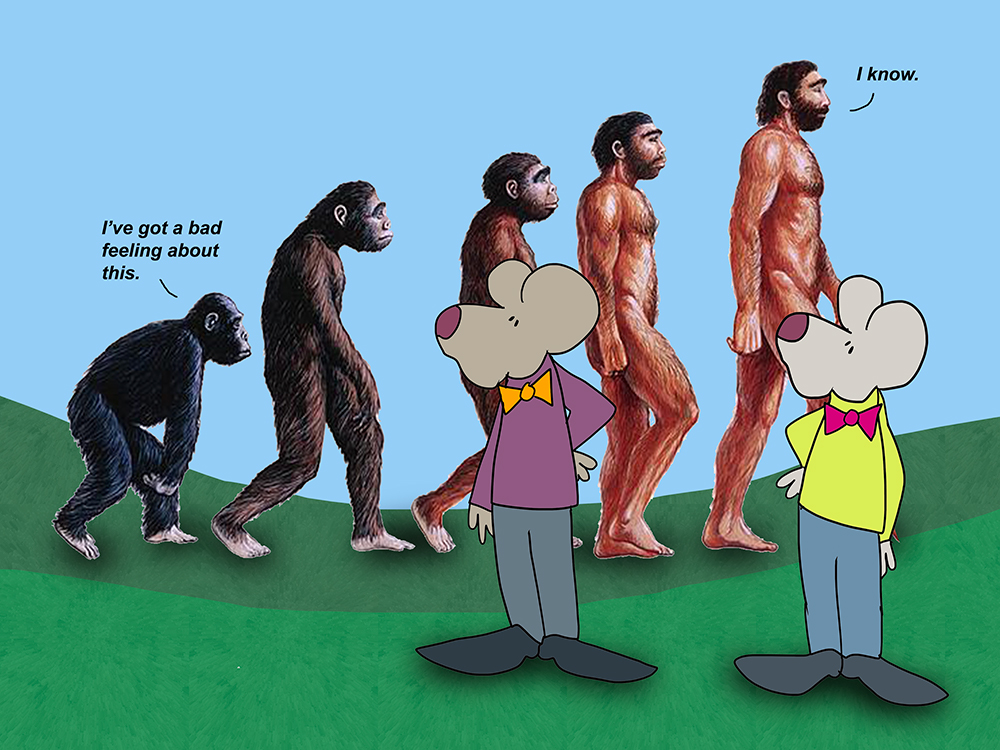Some words seem to be better than others. Either in their meaning or the sound of the words themselves. For instance, if I had reason to, I’d walk around using “jurisprudence” throughout the day. But I have no purpose in saying this, and as such, I’d just sound silly dropping a “jurisprudence” here or there. On the other hand, “dirt” is not that interesting as words go, but I could use it more often and get away with it.
Anyway.
It happens, every so often, that a word will strike me in a unique way. It is like I have never heard the word before, and all of a sudden, it sounds tremendous, or perhaps, foreign, or even silly.
The other day, I was working away at something in the kitchen, and out of the clear blue, I got a hunch about someone. A hunch. I stood there at the counter cutting cauliflower and said it out loud. Hunch. Hunch. It’s a funny word really. The hunch.
The way it came about for me was that I had a feeling about this person, based on intuition rather than known facts. Well, I have “indications” rather than “facts.” Regardless. A hunch.
I had to look up the origin of the word. That wasn’t much help. Unknown origin from the late 15th century. That kind of set me off. I mean, if they know the date of the origin, I would think they would know the origin’s origin.
On every other occasion that I think about a hunch, it comes on the back of the guy from Notre Dame. Oh, I loved the 1939 version of that film, The Hunchback of Notre Dame, with Maureen O’Hara as Esmerelda. And Charles Laughton as Quasimodo. We had to read the book in high school, and my dear friend Terri and I were convinced that Quasimdo’s real name was Clem. We insisted on it in class and even on the test. As I recall, our teacher was a good sport about the whole thing.
Sanctuary. Sanctuary.
But it all brings me back to the original word, hunch. It stems directly from our intuition. When we humans first started out, we relied heavily on our instincts. When our thinking brains started thinking, rationalizing, exploring the world, and gathering data, we used instinct to guide us through the unknown world.
But as time wore on, we began to assemble facts. Bananas are okay to eat. Red flowers with purple centers make us sick. Water is shallow at the edges. Water is deeper in the middle. And on and on. Reason began to take over, and instinct moved further and further away from the surface. It got buried. Way down in our guts.
And now, here we are in the 21st century, and most of us barely recognize our “gut” instincts at all. And when they do come around, we tuck them right back down where they belong, under the logic. Or. So it goes.
But the intuition is as real as can be. Scientists have been studying it for a long time, and about five years ago, they figured out a way to measure it, to quantify it. Jurisprudence. (That jurisprudence has no meaning in this sentence, but I wanted to get it in at least once today.)
My observation in my own life has been that my intuition is frequently right. Looking back, I can see that in many situations, had I listened to my intuition, I would have been much better off in the long run. But I let the “push” of rational thinking guide me in another direction.
And that’s where it is tricky. We can’t completely abandon rationale either. In fact, we must rely heavily on it. We have to know that those red flowers are still poisonous, that water is deeper in the middle of the river, that vaccinations and mask-wearing works, and that 81 million people voted for Joe Biden.
Because in this world, facts are facts.
And out of this world, if we are lucky, we might have a hunch.
=============
“I believe in intuitions and inspirations…I sometimes FEEL that I am right. I do not KNOW that I am.”
― Albert Einstein
=============
“When you reach the end of what you should know, you will be at the beginning of what you should sense.”
― Kahlil Gibrán
=============
“Dull minds are never either intuitive or mathematical.”
― Blaise Pascal, Pensées
==============
